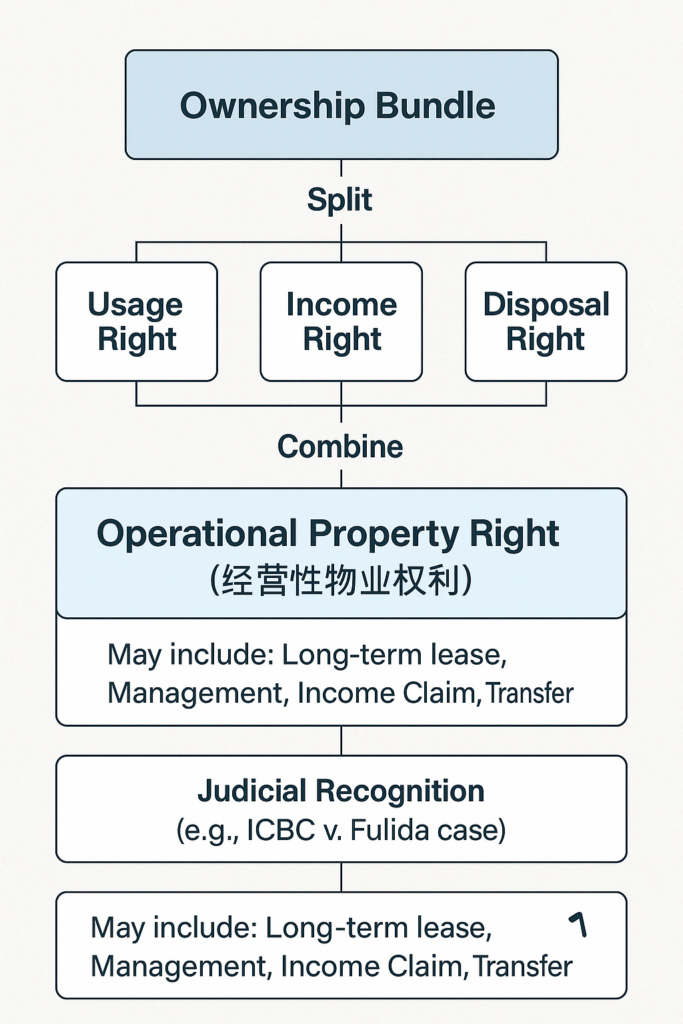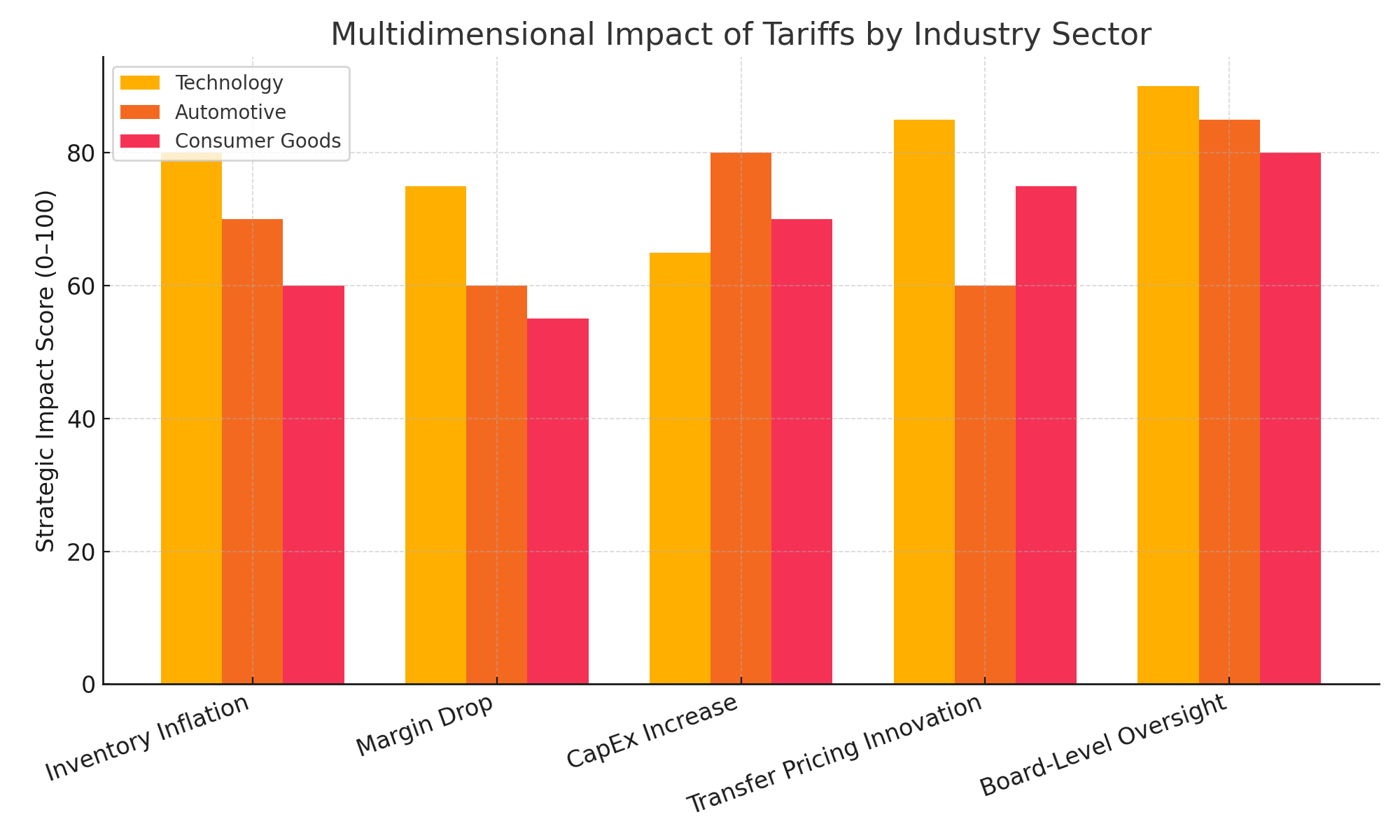In a move that has ignited fierce debate across the nation, the U.S. Department of Housing and Urban Development (HUD) announced on March 26, 2025, that it will terminate FHA mortgage eligibility for undocumented immigrants. The policy, spearheaded by HUD Secretary Scott Turner, marks a significant shift in federal housing access and carries profound implications for real estate markets, immigrant communities, and the 2024 election landscape.
1. The Policy Breakdown: What Just Changed?
The Core Directive:
Undocumented immigrants—even those using Individual Taxpayer Identification Numbers (ITINs)—will be explicitly barred from Federal Housing Administration (FHA)-backed mortgages.
FHA Loans 101:
- Purpose: Designed to help low-to-moderate-income Americans (especially first-time buyers) achieve homeownership.
- Key Benefits:
- Down payments as low as 3.5%
- Flexible credit requirements (FICO scores ~580+)
- Competitive interest rates
The “Gray Area” Closed:
While FHA rules always required applicants to be U.S. citizens or lawful permanent residents, some undocumented immigrants previously qualified by using ITINs. This loophole is now officially dead.
2. The Political Calculus: Why Now?
A Nod to Conservative Base:
Secretary Turner’s statement—“Taxpayer resources should reward those who follow our laws”—aligns with the GOP’s “America First” platform. Analysts view this as a strategic move to galvanize Trump’s 2024 reelection campaign, where immigration policy remains a flashpoint.
Broader Context:
- 68% of Republican voters support restricting government benefits for undocumented immigrants (Pew Research, 2024).
- The policy echoes 2019’s “Public Charge Rule”, which limited immigrants’ access to welfare programs.
3. Who’s Affected? The Human and Economic Impact
The Immigrant Dilemma:
- Demographics: Over 11 million undocumented immigrants reside in the U.S., many in families with mixed-status members.
- Case Study: A Texas construction worker paying taxes via ITIN for 15 years can no longer use FHA loans to buy a $250,000 home—forcing reliance on high-interest private loans (10-15% APRs) or predatory rent-to-own schemes.
Market Ripple Effects:
- Hotspots: California, Texas, and Florida—where 44% of undocumented immigrants live—could see 5-8% dips in entry-level home sales.
- Lender Adjustments: Banks like Wells Fargo may shrink ITIN loan programs, pushing borrowers toward riskier alternatives.
4. The Ethical Firestorm: Fairness vs. Lawfulness
Supporters Argue:
- “FHA loans are subsidized by taxpayers; they shouldn’t incentivize illegal entry.”
- “Prioritizing citizens and green card holders is fiscally responsible.”
Opponents Counter:
- “This punishes people who pay taxes and contribute to communities.”
- “Denying housing access fuels inequality and homelessness.”
Legal Precedent:
The Supreme Court’s 2023 Doe v. HUD ruling upheld agencies’ right to set citizenship-based eligibility for federal programs.
5. What’s Next? Strategies for Immigrant Homebuyers
Alternative Paths:
- Non-FHA Loans: Conventional loans (20% down) or USDA/Rural Development loans (for eligible areas).
- Community Programs: Nonprofits like NALCAB offer immigrant-friendly housing assistance.
- Policy Pushback: Advocacy groups are lobbying for state-level DREAMer mortgage programs.
Investor Takeaways:
- Monitor multifamily housing demand in immigrant-heavy regions.
- Expect increased scrutiny of borrower documentation by lenders.
Conclusion: A Policy with Far-Reaching Consequences
HUD’s decision transcends housing—it’s a political statement, a market disruptor, and a litmus test for immigration reform. While the administration frames it as “protecting taxpayer interests,” critics warn of unintended socioeconomic fallout. One thing is clear: The road to homeownership just got steeper for millions.
“Housing policy is never just about roofs and walls; it’s about who we deem worthy of shelter.”
— Richard Florida, The New Urban Crisis
🥳 Love My Content?
Fuel more free guides with a beer! 🍺
(Every sip makes the keyboard dance!)
Secured via PayPal • No account needed

 SinoLoanHub: Expert Business Loan Solutions for North American Companies
SinoLoanHub: Expert Business Loan Solutions for North American Companies






